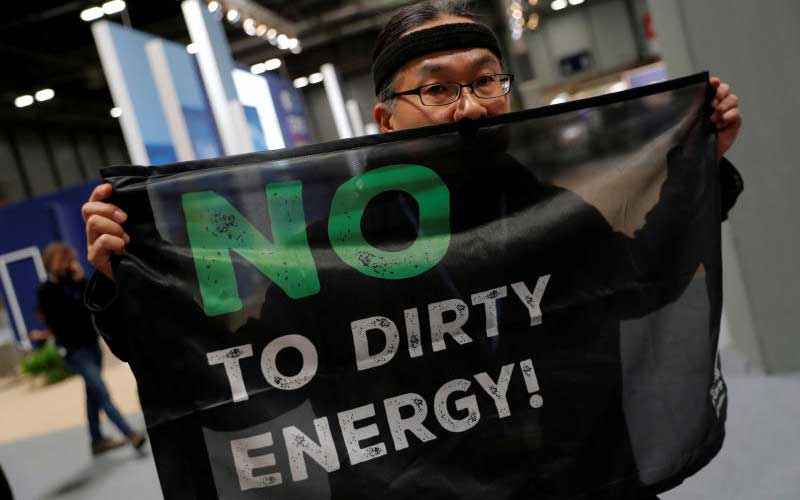×
The Standard e-Paper
Join Thousands Daily

Africa’s demand to be recognised as a continent with special needs has taken centre stage at this year’s climate change conference in Madrid, Spain.
This position has been bolstered by African civil society organisations calling on stakeholders to recognise the special circumstances and needs of the continent, which is among the hardest hit and the least prepared for the adverse impacts of climate change.